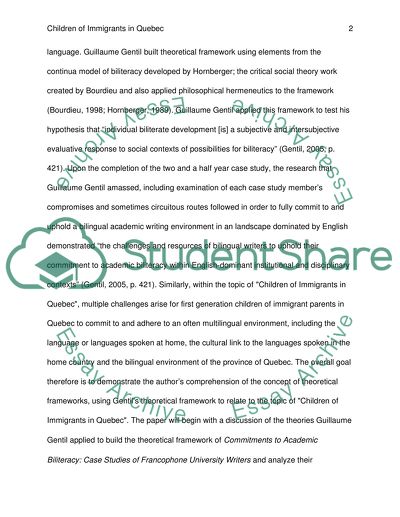Cite this document
(“Children of Immigrants in Qubec - Theoretical Framework Research Paper”, n.d.)
Children of Immigrants in Qubec - Theoretical Framework Research Paper. Retrieved from https://studentshare.org/education/1446562-children-of-immigrants-in-qubec-theoretical-framework
Children of Immigrants in Qubec - Theoretical Framework Research Paper. Retrieved from https://studentshare.org/education/1446562-children-of-immigrants-in-qubec-theoretical-framework
(Children of Immigrants in Qubec - Theoretical Framework Research Paper)
Children of Immigrants in Qubec - Theoretical Framework Research Paper. https://studentshare.org/education/1446562-children-of-immigrants-in-qubec-theoretical-framework.
Children of Immigrants in Qubec - Theoretical Framework Research Paper. https://studentshare.org/education/1446562-children-of-immigrants-in-qubec-theoretical-framework.
“Children of Immigrants in Qubec - Theoretical Framework Research Paper”, n.d. https://studentshare.org/education/1446562-children-of-immigrants-in-qubec-theoretical-framework.


